On October 24-25, Children's Hospital 2 (Ho Chi Minh City) collaborated with the Vietnam Pediatric Association to organize a scientific seminar titled "Insulin and Technology in the Treatment of Type 1 Diabetes - We Can Do Better Than What We Are Doing".
The program aims to enhance healthcare professionals' knowledge of diagnosing and treating type 1 diabetes, while also updating their knowledge and improving their skills in caring for patients at home.

Scientific seminar "Insulin and technology in the treatment of type 1 diabetes" (Photo: HL).
According to doctors, type 1 diabetes is a complex disease that is on the rise, especially in children and adolescents.
The World Health Organization (WHO) has stated that diabetes has become a pandemic of the 21st century, with 1 in 10 people suffering from the disease (across both types).
This places a burden on the healthcare system, especially with type 1 diabetes, which is common in children. The WHO warns that the number of new pediatric cases may continue to increase.
Following this trend, Children's Hospital 2 records an increasing number of pediatric patients with this condition each year. This is a chronic disease, meaning it requires lifelong treatment and can lead to serious complications affecting vision, the nervous system, and the cardiovascular system.
However, if parents intervene promptly and manage the condition well, children can still live good lives. Currently, with advances in medicine, there are many advanced methods for treating diabetes, including the basal bolus protocol.
Specifically, this protocol involves injecting two types of insulin with different effects: basal insulin and bolus insulin.
This regimen mimics how the body naturally produces insulin, with a baseline dose to control blood sugar between meals and a remaining dose to handle the spike in blood sugar after eating.
"A simplified basal bolus regimen may be considered in type 1 diabetes patients with relatively stable diets who want to reduce the number of injections per day while still achieving effective treatment," the doctors analyzed.
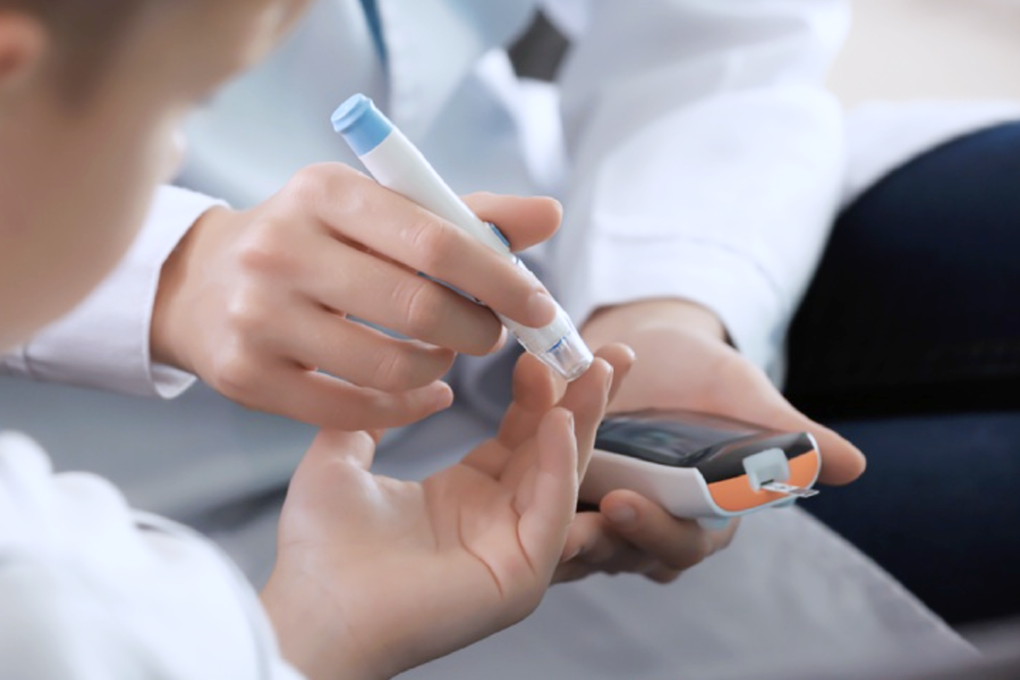
Monitoring blood glucose levels is very important for patients with type 1 diabetes (Illustrative image: Hospital).
Associate Professor, Dr. Huynh Thi Vu Quynh, Head of the Nephrology - Endocrinology Department at Children's Hospital 2, further shared that treating diabetes requires interdisciplinary involvement and coordination between family members and specialists in nephrology - endocrinology, nutrition, and psychology.
Doctors recommend that monitoring blood glucose levels is crucial in managing type 1 diabetes. Proper nutrition for pediatric patients can help maintain safe blood glucose levels, ensure healthy growth, and contribute to avoiding dangerous vascular complications.
Source: https://dantri.com.vn/suc-khoe/can-benh-hiem-da-tro-thanh-dai-dich-nhieu-tre-em-phai-dieu-tri-suot-doi-20251025154447423.htm


![[Photo] Closing Ceremony of the 10th Session of the 15th National Assembly](/_next/image?url=https%3A%2F%2Fvphoto.vietnam.vn%2Fthumb%2F1200x675%2Fvietnam%2Fresource%2FIMAGE%2F2025%2F12%2F11%2F1765448959967_image-1437-jpg.webp&w=3840&q=75)


![[Photo] Prime Minister Pham Minh Chinh holds a phone call with the CEO of Russia's Rosatom Corporation.](/_next/image?url=https%3A%2F%2Fvphoto.vietnam.vn%2Fthumb%2F1200x675%2Fvietnam%2Fresource%2FIMAGE%2F2025%2F12%2F11%2F1765464552365_dsc-5295-jpg.webp&w=3840&q=75)


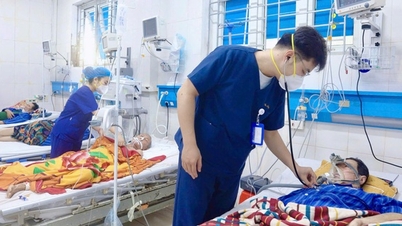

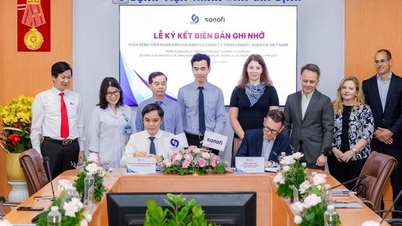




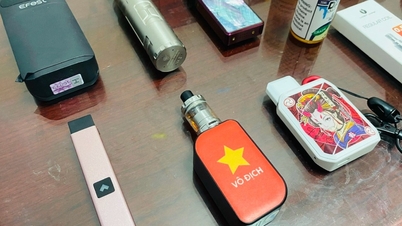








































![[OFFICIAL] MISA GROUP ANNOUNCES ITS PIONEERING BRAND POSITIONING IN BUILDING AGENTIC AI FOR BUSINESSES, HOUSEHOLDS, AND THE GOVERNMENT](https://vphoto.vietnam.vn/thumb/402x226/vietnam/resource/IMAGE/2025/12/11/1765444754256_agentic-ai_postfb-scaled.png)































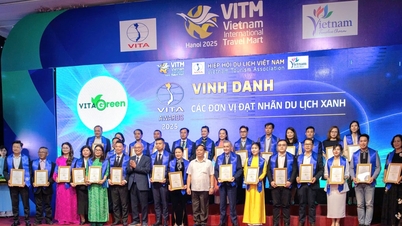


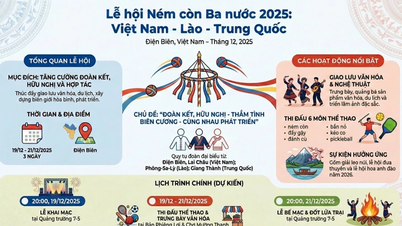

















Comment (0)